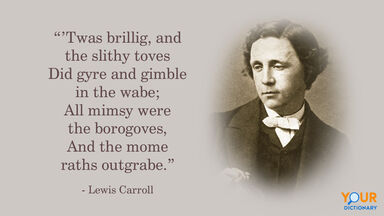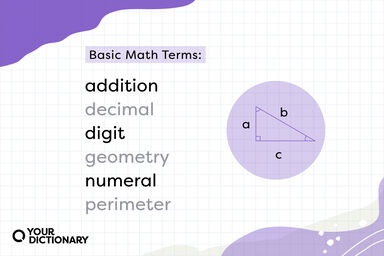The main work of Descartes, so far as algebra was concerned, was the establishment of a relation between arithmetical and geometrical measurement.
Thus, while arithmetical numbering refers to units, geometrical numbering does not refer to units but to the intervals between units.
Investigation of the writings of Indian mathematicians has exhibited a fundamental distinction between the Greek and Indian mind, the former being pre-eminently geometrical and speculative, the latter arithmetical and mainly practical.
Although this transition from the discontinuous to continuous is not truly scientific, yet it materially augmented the development of algebra, and Hankel affirms that if we define algebra as the application of arithmetical operations to both rational and irrational numbers or magnitudes, then the Brahmans are the real inventors of algebra.
His travels and mercantile experience had led E t u eopre him to conclude that the Hindu methods of computing were in advance of those then in general use, and in 1202 he published his Liber Abaci, which treats of both algebra and arithmetic. In this work, which is of great historical interest, since it was published about two centuries before the art of printing was discovered, he adopts the Arabic notation for numbers, and solves many problems, both arithmetical and algebraical.




